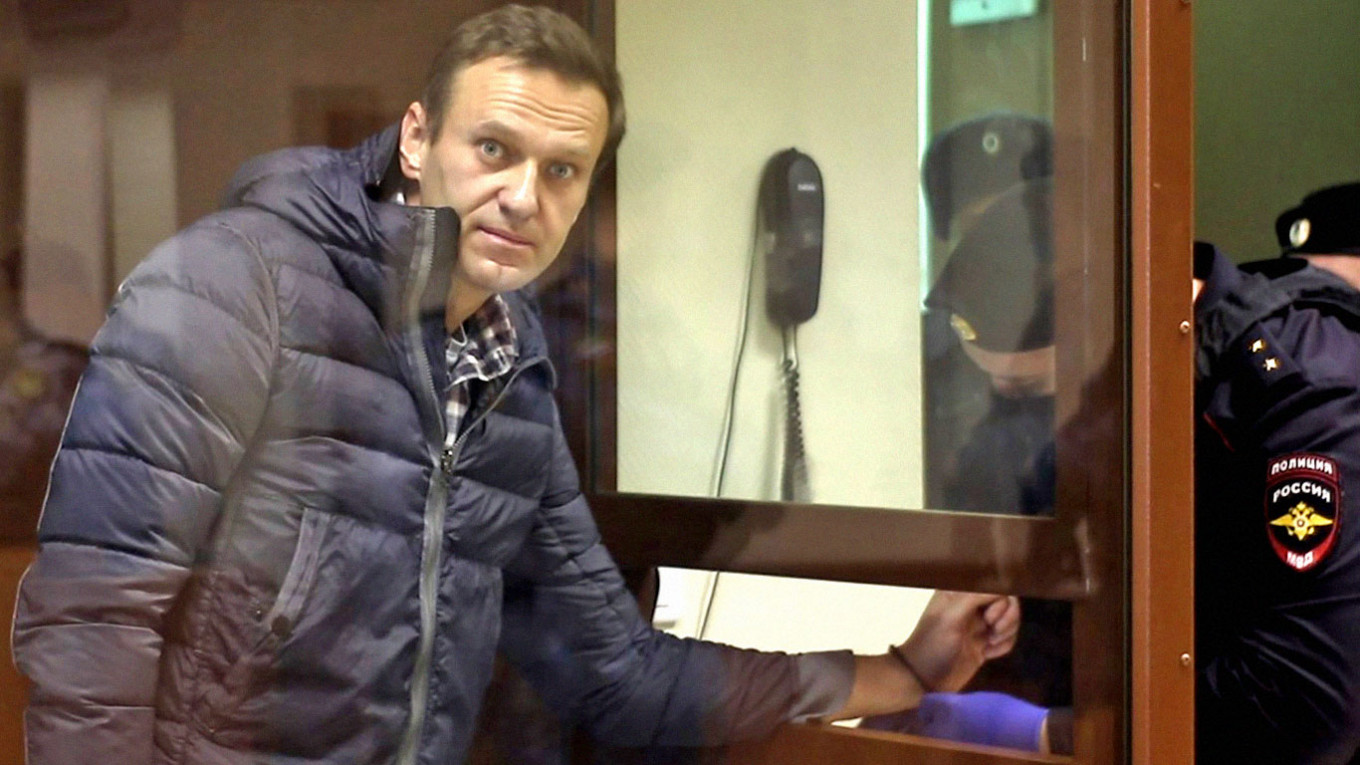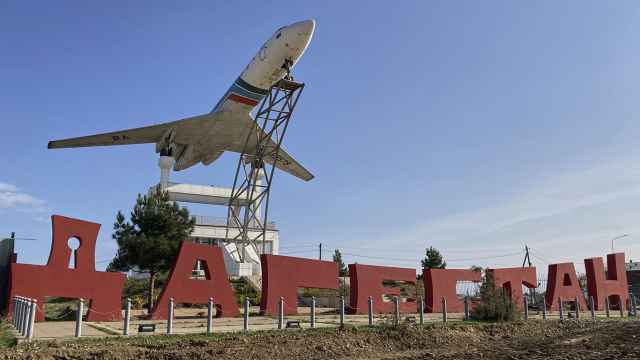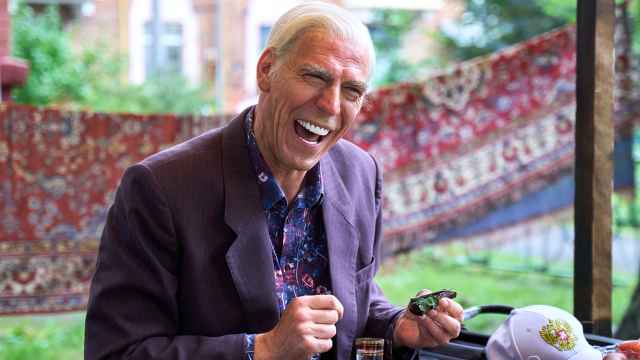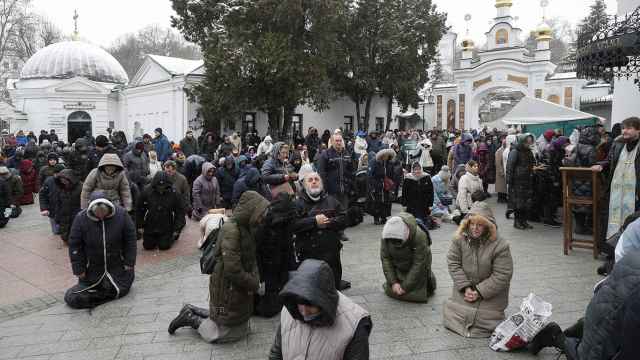One year ago, opposition leader Alexei Navalny returned to Russia after a poisoning attempt on his life prompted friends to evacuate him to Germany for his safety and treatment.
In flying back home, he also flew in the face of thinly veiled Kremlin threats that he would be better off seeking safe haven in Europe and abandoning his activities here. Thus, even though Navalny’s supporters gave him a hero’s welcome at Sheremetyevo Airport and a considerable segment of public opinion was on his side, the authorities quickly arrested him on trumped up charges and whisked him off to prison. Of course, we didn’t immediately understand what had happened: we thought it was only Navalny who had been arrested when, in fact, it was all of Russia that wound up behind bars.
I wrote at that time that only those who are unafraid of prison can remain free in spirit. Most people, myself included, are justifiably afraid of Russian prisons, which are no place to live out one’s life. And yet, Navalny’s unparalleled courage makes him a free man, one who now gazes from his cell at a Russian society that itself has been locked up and cowed into submission.
Starting from 20 years back until only one year ago, Russians considered it their natural right to protest peacefully. They saw nothing unusual about opposing the ruling regime while remaining full-fledged citizens and patriots.
However, during the 12 months that Navalny, a free man, has spent in prison, all that has changed. Now, anyone concerned for his own safety must submit to the authorities completely.
Of course, demonstrating your loyalty doesn’t guarantee your safety either, but at least it puts you at the end of the line for persecution and buys you a little time. Today’s Russia, frightened into silence, is relearning the old Stalinist “ethic” of turning a blind eye when the authorities come for your neighbor—unless you want to share his fate.
Now, at the start of 2022, it is impossible to imagine not only that Russians would take to the streets in large numbers, but also that anyone would even make a public call for protest. The siloviki hunt down everyone who expresses the slightest dissatisfaction with what is happening in the country and brands them “extremists and terrorists.” The political opposition has been crushed and a caste of “hereditary politicians” is emerging — people who make official statements on behalf of Russian society, both for the outside world and for domestic consumption. Citizens have handed over their political rights with almost no resistance. In return, they get prison terms.
Some are sent to minimum security and others to maximum security facilities — while a “lucky” few are put in penal colonies. The collapse of political consciousness inevitably leads to the marginalization of independent media, and these are drowning in censorship and insane legislation on “foreign agents.” A low point came last year when the authorities dismantled the Memorial Foundation that had fought to allow the descendants of Stalinist terror to learn the names of their ancestors’ executioners.
The Kremlin hardly reacts to the sentence it has passed on Russia. In the eyes of officials, what is happening is just a variation of the norm, the search for a “special path” for a country caught in a ring of imaginary enemies.
This “new normal” gives the authorities flexibility to adapt to changing circumstances.
Now they are trying to convince us that it’s perfectly normal to throw people in jail for criticizing the government. Tomorrow — as happened in Kazakhstan — they’ll probably argue that shutting down the Internet is the only way to secure a better future.
Of course, it is impossible to run a country the size of Russia exactly as though it were a penal colony. As proof, consider the government’s COVID-19 vaccination campaign that has failed because the people long lost faith in a system in which they have no political representation; or look at the large-scale exodus of Russia’s younger citizens, who see greater opportunity — and freedom — abroad than at home. But being left alone with those who remain — citizens so tired of freedoms that they prefer to live as virtual prisoners than to leave — is too great a test for the authorities, who find it easier to fence off even these loyal citizens with barbed wire.
A Russian version of this article was first published by Novaya Gazeta.
A Message from The Moscow Times:
Dear readers,
We are facing unprecedented challenges. Russia's Prosecutor General's Office has designated The Moscow Times as an "undesirable" organization, criminalizing our work and putting our staff at risk of prosecution. This follows our earlier unjust labeling as a "foreign agent."
These actions are direct attempts to silence independent journalism in Russia. The authorities claim our work "discredits the decisions of the Russian leadership." We see things differently: we strive to provide accurate, unbiased reporting on Russia.
We, the journalists of The Moscow Times, refuse to be silenced. But to continue our work, we need your help.
Your support, no matter how small, makes a world of difference. If you can, please support us monthly starting from just $2. It's quick to set up, and every contribution makes a significant impact.
By supporting The Moscow Times, you're defending open, independent journalism in the face of repression. Thank you for standing with us.
Remind me later.








